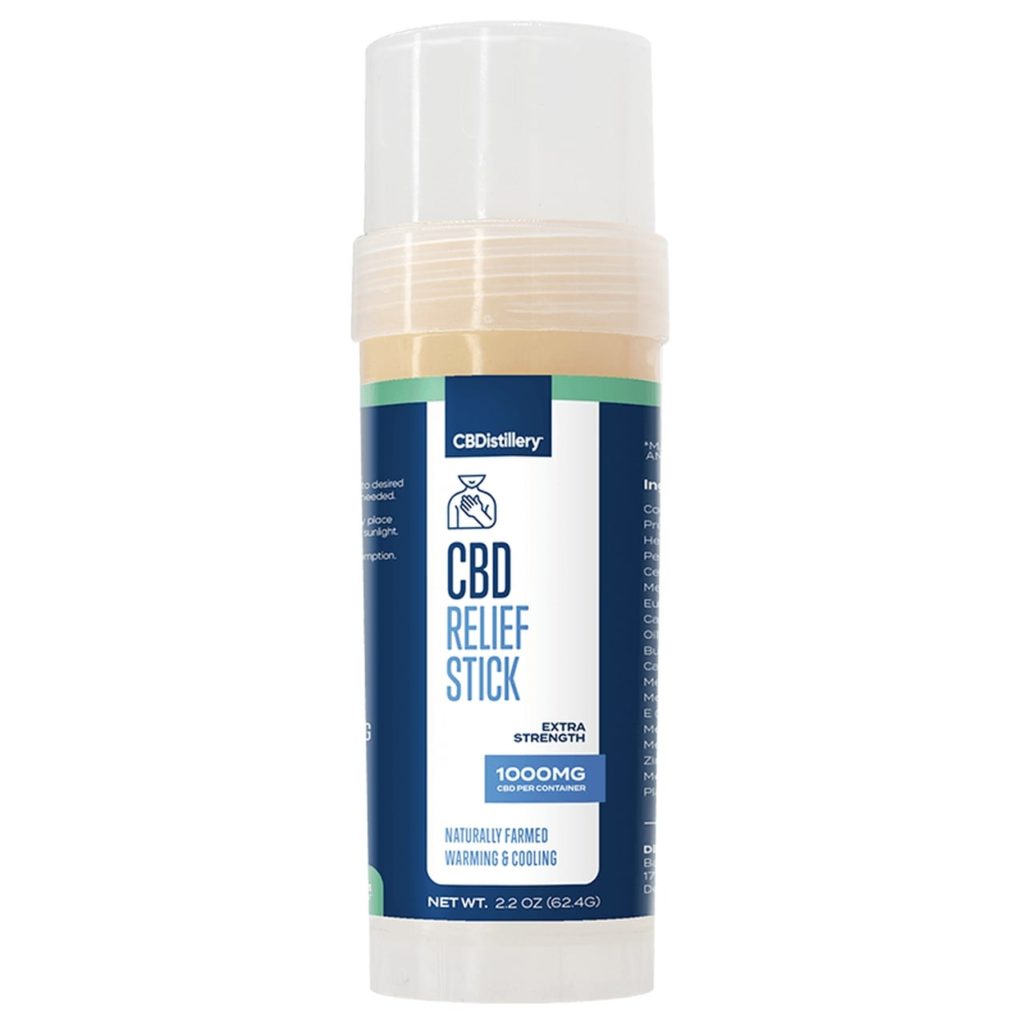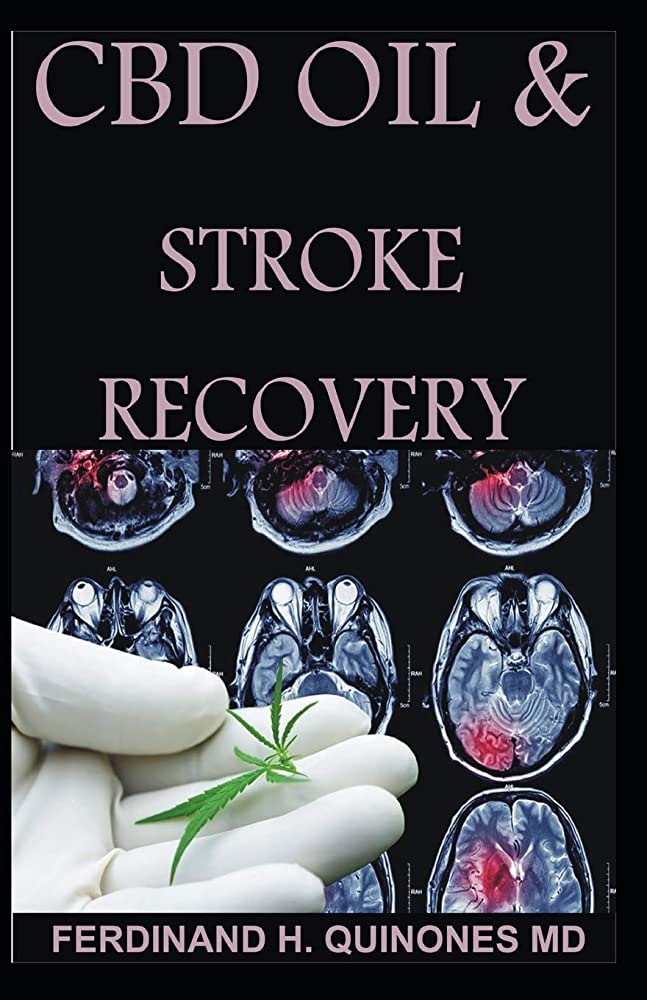
House Bill 171, Wyoming's law allowing for the production, possession and use of CBD and Hemp, was passed in March 2019. Both the Wyoming Senate (and House of Representatives) passed the legislation with overwhelming majority. This legislation is a significant step in legalizing CBD for the state. Despite these hurdles, it looks like the state is on the path to changing its laws on cannabis.
HB 171 allowed the possession of CBD
Wyoming House has just passed HB 171. This law allows you to legally possess CBD products. It allows individuals to use the cannabis plants to alleviate pain and to treat auto-immune disorder. CBD oil does not give you the high that some people believe. CBD oil has many benefits, not only for its medicinal properties, but hemp can also be used in other products such as food, fabric and bio-diesel. Hemp can be used for building material, wallpaper, or even automotive components. Wyoming will have a hemp industry.

Lyman representative Danny Eyre is among the legislators who have worked for years on hemp legislation. His actions started a momentum for change that ultimately led to the passage of HB 171 in Wyoming. The new law legalizes the sale and possession of CBD products and hemp products. With overwhelming majorities, both the Wyoming House of Representatives and Senate passed this bill.
CBD oil can be obtained from industrial hemp, which is a natural component of the product.
The state of Wyoming has recently legalized the cultivation of industrial hemp. It is now regulated by the state's Department of Agriculture, which is expected to issue licenses to grow hemp and implement hemp farming regulations. There are however some challenges. The lack of funding for testing hemp farming machinery is one of the obstacles.
However, the state's CBD plan allows for the cultivation of and the sale of CBD-derived CBD products. Despite these obstacles, Wyoming is well-positioned to become a major player for the CBD industry. This new industry offers the potential to make millions for the state. However, before the state can begin cultivating hemp, it must pass specific laws. After that, farmers are allowed to start growing hemp seeds. Jeffrey Loeffler is the owner of Loeffler Ag Services and plans to build a $5 million hemp processing plant in Wyoming. He will also donate the seeds to the University of Wyoming to conduct research.

The Farm Bill includes provisions to legalize hemp cultivation in the United States and to support hemp research within states. The Marihuana Tax Act banned hemp production in the United States in 1937, but that has since changed. North Carolina's recent law legalized hemp cultivation and consumption. The Drug Enforcement Agency issued permits to nine states for hemp cultivation.
FAQ
What are the prospects for the CBD industry in the future?
The future is bright for the CBD industry. It's clear to see why so many people have jumped on this industry. With over $1 billion spent globally by consumers on CBD products alone, it's not hard to see how this market is growing exponentially.
According to Statista, worldwide sales of cannabidiol (CBD), are expected to hit $22.4 billion in 2019. This represents a nearly 200% increase over 2018!
A compound annual growth rate (CAGR) of 22.5% is predicted for the CBD market, which will translate into nearly $6.8 Billion in revenue by 2022.
This is great news, both for new companies and those that are already active in the industry. We must remember that the CBD market still has a lot of work ahead.
Is CBD a good idea to invest in?
As hemp-based products gain popularity, so does the market. According to some estimates, there will be 1 billion dollars worth of hemp-based products in stores by 2022.
It is also expected that the market will continue to grow at an annual rate exceeding 20% through 2020 when it reaches $2.5 Billion.
Hemp oil can be found in many beauty and health products, including lotions, shampoos and lip balms, moisturizers and body butters.
There are many CBD-infused food items, such as snacks, dog treats and pet foods, that can be produced by companies.
CBD is currently legally available in all 50 States. However, this could change soon. CBD is legal in all 50 states, but more research will be conducted to determine its potential uses. Businesses will have an easier time operating legally.
These are all factors that make CBD investments a viable venture.
What conditions can CBD treat?
A person's health is the most important aspect of any treatment. If you're using cannabis oil for medicinal purposes, a doctor must approve. It is also illegal for someone to prescribe cannabis oil without a doctor's consent.
There is no need for a prescription if you are using cannabis oil in a healthy way. It is best to speak to your doctor before you start using cannabis oil.
You can make cannabis oils from whole plant extracts, or isolated compounds called Cannabinoids (THC or CBN). They contain many different types of cannabinoids, such as cannabidiol (CBD), tetrahydrocannabinol (THC), and cannabinol (CBN).
These compounds interact with receptors throughout the body to produce effects such as pain relief, stress reduction and anti-inflammatory, antioxidant, and other properties.
Which countries produce CBD of the highest quality?
The United States is home to the greatest number of CBD products.
High-quality CBD products are also being produced in Canada, Australia and New Zealand.
Statistics
- A recent study [161] also found that in vitro CBD treatment (i.e., ≤ 2 h exposure to 10 μM) induced ~40% vasorelaxation in isolated (pre-constricted) (ncbi.nlm.nih.gov)
- The use of these products is likely to become even more widespread if the World Health Organization's recommendation that CBD no longer is scheduled in the international drug control conventions is adopted by the United Nations member states [201]. (ncbi.nlm.nih.gov)
- however, one study also found that these effects were virtually abolished when the original media (a nutrient broth agar) was replaced with one containing 5% blood (increasing the minimum concentration to ~160 μM CBD) [179]. (ncbi.nlm.nih.gov)
- CBD seems unlikely to directly influence sleep in healthy humans [115] (and maybe “sleep-promoting” in those with certain comorbid conditions) (ncbi.nlm.nih.gov)
- As a substance that was federally illegal before the passage of the 2018 Farm Bill, hemp-derived cannabinoids with no more than 0.3% THC still face a regulatory grey area. (forbes.com)
External Links
How To
How to Get Certified for Selling CBD Products
CBD (cannabidiol), a cannabinoid found in cannabis plants, is just one of the many. It's been used medicinally throughout history, including traditionally in China, India, and many South American countries. The ability to treat conditions such anxiety, pains, epilepsy, and inflammation has made CBD products extremely popular in recent times. However, CBD products cannot be sold by anyone unless they are certified by the U.S. This means that any person who wants to sell CBD products must use the "unofficial" process called self-certification.
You have two options. The first way is to join an association of local cannabusiness owners. This allows you to network with other owners and get advice and support. There are currently numerous associations all over the country. Another option is to go online. Most states now allow canna-businesses to operate online. You can create your own website and start taking orders immediately if you are allowed to do so. However, registration is required with your state Department of Public Health. Once you have been registered, you will be able apply for a state license through the department of public health. Once you receive your license, you're officially allowed to open your store and begin accepting orders.